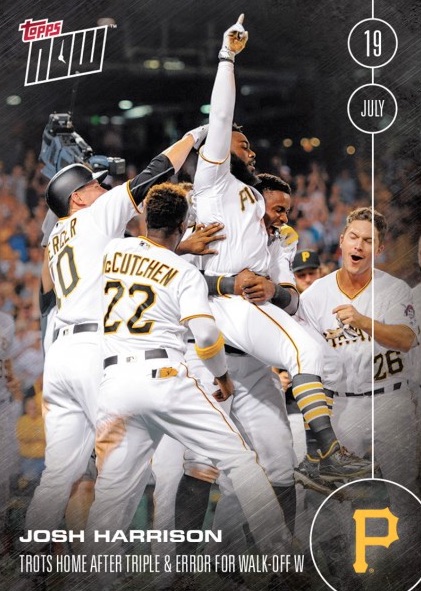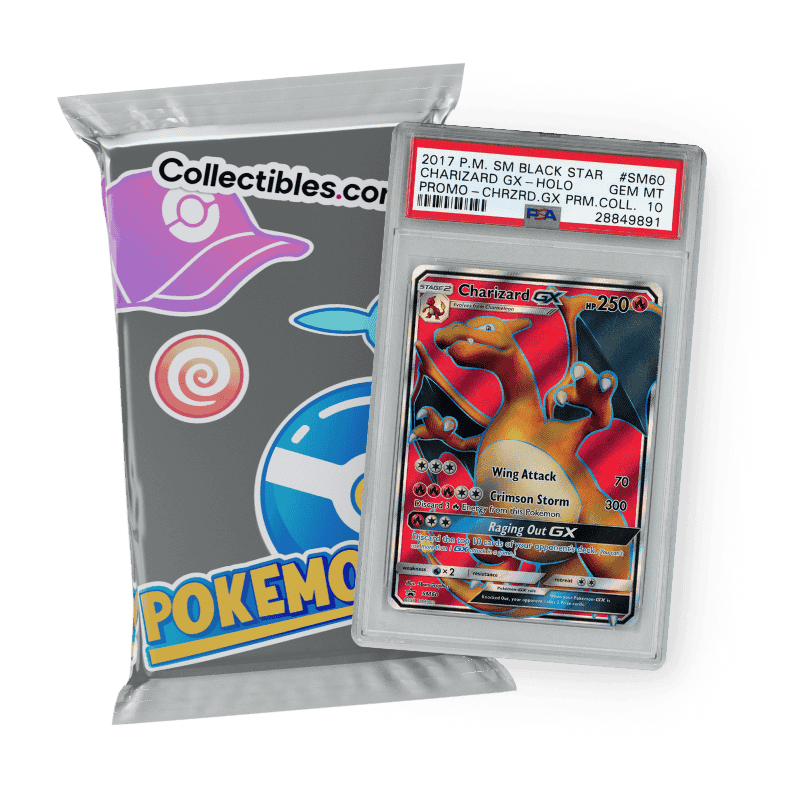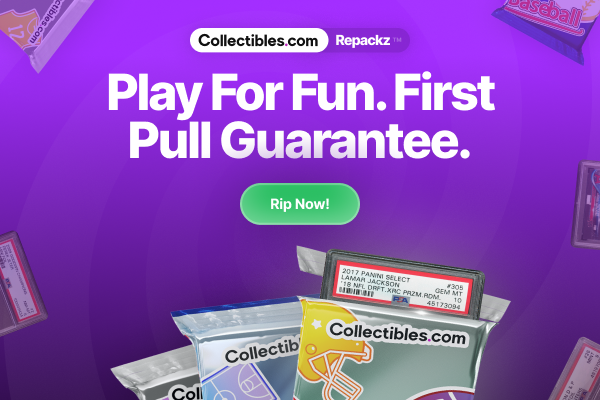
Law of Cards: Law of Cards Foray Into Lawsuit Land
I enjoy writing about other's lawsuits in The Hobby. It's a chance for me to take a break from being an attorney, and watch other litigators ply their trade. It's also fun for me to provide details of the lawsuits for the public, make predictions about the outcomes, and to occasionally (OK, more than occasionally) second-guess the litigants' actions.
I also enjoy writing about lawsuits in The Hobby because I am a collector. I collect cards involved in litigation as well as amusing error cards. Writing about litigation in The Hobby allows me to not only stay connected to the trading card industry, it forces me to do research so that I later have the correct stories behind each card in my legally-inspired card collection.
Also, it's fun to spectate on Hobby lawsuits, because being a litigant often sucks. Lawsuits can be long, drawn-out experiences that ride like roller coasters with highs and lows for both sides…no matter how good the cases. And then there's the waiting. Plus they are expensive. And you have to deal with lawyers…on both sides…
*shudder*
And nowadays you also get the added bonus of armchair, Twitter litigators’ (would that be a Twittigator?) opinions on your cases.
All of which makes watching cases so much more enjoyable than being a litigant.
But despite my love of sitting on the sidelines when it comes to The Hobby, I broke into new territory on a legal issue I had.
As you may know, I took a sabbatical recently to write a book. To finish the book, I blocked out the rest of the world. I did no legal work. I stopped writing articles. And I even stopped purchasing trading cards.
After I finished the first draft of the book, I eased back into the real, legal and trading card worlds, and even purchased my first trading cards in over a year. The cards I targeted: Topps Now Baseball.
Topps Now is an exciting idea. On-demand cards, with limited (and disclosed) print runs. Great!
While I liked the product idea as a whole, I still focused only on collecting certain card types. At first it was the Cardinals. Then I branched out and bought a rookie card here and there. For the most part, I was not interested in the other cards, until July 20, 2016.
When the July 20 Topps Now cards popped up, it didn't look like I'd buy any of the four. No Cardinals. No rookies. Not interested.
Especially when one of the cards was of the Pirates, one of the Cardinals rivals in the Central Division.

But then, everything changed when an astute person on Twitter (Twitterer? Tweeter? Twit?) pointed out there is no John Harrison on the Pirates…that's a picture of Josh Harrison.
Wait, what? I gotta have that!
So, I purchased the card.
I also tweeted:

Later in the day, Topps changed the front of the card, and replaced "John" with "Josh."

That was not the card I wanted. So, I tweeted:

Although I am a litigator, I believe in resolving cases outside of the courthouse whenever possible (because, again, litigation sometimes sucks). This one, however, I felt would only be resolved in court, so in August, I filed suit.
And that presented me with a dilemma because I write about card cases.
BUT, it’s best not to write about your own cases…
So, I wrestled with that issue for a while, and finally took my own legal advice, and decided to not write about my Topps Now case.
Legal aside: OK, actually, my attorney convinced me to not write articles about the case. I even had one ready to go, but his words of wisdom won out.
Still, it killed me! Because after I filed, the Twittigators out there read my suit (more likely, read about my lawsuit from other people’s interpretations), and then made a number of statements that can be summarized as follows:
“I know not the law…but here’s my opinion on what's legally should be happening.”
Legal aside: OK, they used proper English; that wasn’t fair. But it's therapeutic to write.
Here’s the thing: I’m fine with people criticizing, mocking and making light of my lawsuit. Heck, it was over a $9.99 card!
But, what bothered me was the legally-flawed criticism. So, now that the lawsuit is over, I’d like to respond.
First misconception: I sued Topps for $5 million for a single card.
No. I filed a putative class action in state court on behalf of all individuals that purchased that card, and pled that relief could not exceed $4,999,999. Why that number? Because of the Class Action Fairness Act of 2005 (“CAFA”).
Legal interpretation: One of CAFA's most important features was the expansion of federal courts' (as compared to state courts) ability to hear class actions. But, it set the amount-in-controversy requirement to $5 million.
So, since we filed in state court, and wanted to stay in state court, we asked for under the $5,000,000 limit.
Second misconception: Well, why didn’t you pick a smaller dollar value then?
When a lawyer files a lawsuit, if he or she demands too little in the complaint and gets a jury award that exceeds the demand, there’s a risk the court will throw out the amount in excess. If that happens, the lawyer can face a claim of malpractice. Given that risk, the better way to plead a damages amount (especially in this case) would be to demand just under the maximum allowed.
Third misconception: You filed a frivolous lawsuit!
Nope. “Frivolous” is a term of art which means the lawsuit is without legal merit.
My complaint explained my position. To prevail in a breach of contract action, I needed to show: 1) an offer, 2) acceptance of that offer and 3) consideration (i.e., an exchange of some type of value, like paying money). Here, I believed that displaying the “John” Harrison card next to a big, green “BUY IT NOW” button, constituted an offer. By clicking the big, green “BUY IT NOW” button, I believe I accepted that offer of the “John” card. And by paying, I believe I tendered consideration.
Seems like a straightforward breach of contract action to me. So, it’s not a “frivolous” claim.
Although they used the word “frivolous,” what I believe Twittigators intended to say was it was their opinion that my suit was a “waste of time” or “waste of money” or “stupid lawsuit” or “the stupidest lawsuit ever invented.” And while my opinion differs, those aren’t legal terms, so…I have no response.
Fourth misconception: I did this for money.
No. I collect cards involved in litigation. Obviously, adding a card involved in litigation to which I have a personal connection to my collection…that’s a one-of-a-kind card for me.
Like many card collectors, I do not collect as an investment; I collect cards that have meaning to me. I like it when I can show off my collection and explain the legal issues associated with my cards. Heck, I’ve spoken to a few college and law school classes about legal issues where I used trading cards as examples. And now I can tie myself into one of those stories? It’s almost as good as having your own baseball card.
Fifth misconception: Now everyone can sue Topps if Topps changes its Topps Now cards.
Wrong. Topps Now webpages include the following disclaimer: "ARTWORK FOR ON-DEMAND PRODUCTS IS SUBJECT TO CHANGE. NOT RESPONSIBLE FOR TYPOGRAPHY AND DESIGN ERRORS." I believe this language now moots future breach of contract claims like mine because when you click on that big, green “BUT IT NOW” button, you’re now acknowledging that the artwork is subject to change.
Legal aside: And let that be a practice point for all other trading card vendors: if you don’t already have it, you might want to add language like this…just in case you want to stop Law of Cards from filing a lawsuit against you.
Just kidding. I’m done. No more. Spectator and attorney only. No more a plaintiff in The Hobby.
Final legal aside: And really, feel free to criticize away and mock my choices! That’s all OK…just criticize and second-guess me correctly!
The information provided in Paul Lesko's "Law of Cards" column is not intended to be legal advice, but merely conveys general information related to legal issues commonly encountered in the sports industry. This information is not intended to create any legal relationship between Paul Lesko and the user. Neither the transmission nor receipt of these website materials will create an attorney-client relationship between the author and the readers.
You should not act or rely on any information in the "Law of Cards" column without seeking the advice of an attorney. The determination of whether you need legal services and your choice of a lawyer are very important matters that should not be based on websites or advertisements.
 | Making purchases through affiliate links can earn the site a commission |






























Chris
Paul,
My Topps Now card gave me a paper cut. I don’t see a warning anywhere. Solid case? I’m thinking $27,000, just enough for a box of Transcendent. You in?